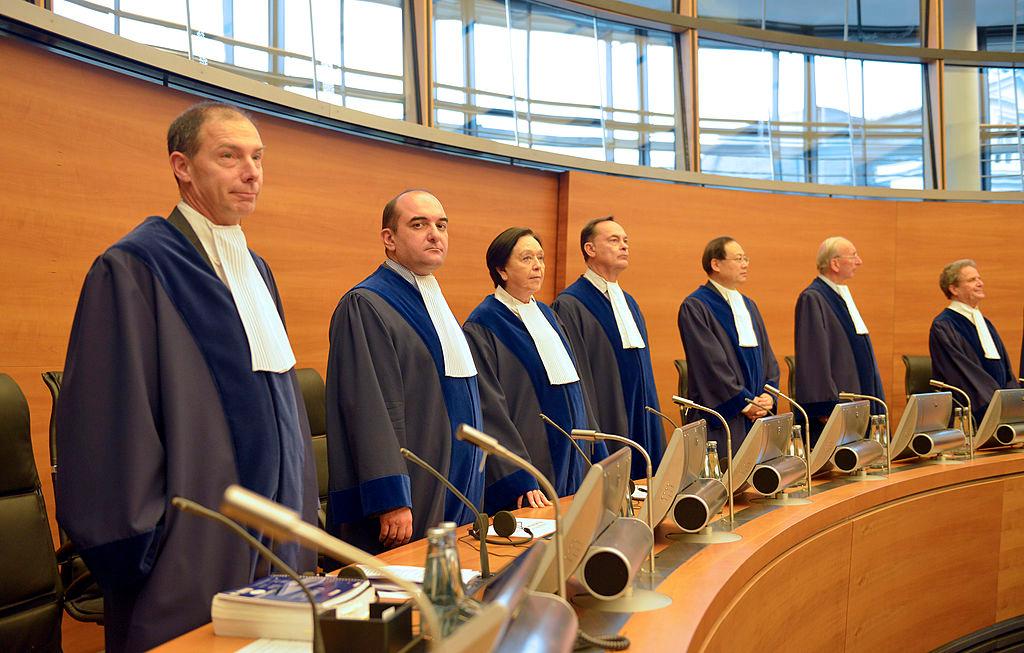Amid international criticism over the Chinese regime’s aggression in the South China Sea, Beijing’s candidate has won a seat on a United Nations-backed judicial body that hears maritime disputes.
Duan Jielong, China’s current ambassador to Hungary, won in an election held from Aug. 24 to 26, becoming one of 21 judges at the International Tribunal for the Law of the Sea (ITLOS). He will begin his nine-year term in October after a swearing-in ceremony.





